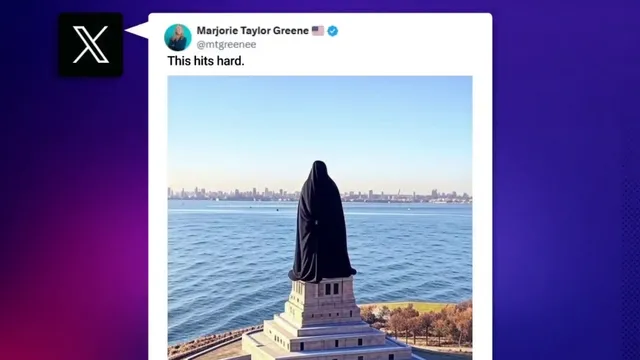
Racist attacks drown out substantive issues of Zohran Mamdani's campaign
2025-06-29 10:19- Zohran Mamdani won the NYC Democratic mayoral primary amid a hostile political climate.
- GOP lawmakers launched Islamophobic attacks to derail conversations about Mamdani's platform.
- Engaging with Mamdani's issues such as rent and public transit is essential for constructive political discourse.
Express your sentiment!
Insights
In the wake of Zohran Mamdani's significant victory in the New York City Democratic mayoral primary, a concerted effort by GOP lawmakers and leaders has led to a surge of Islamophobic rhetoric aimed at him. These attacks have drawn criticism from Democratic strategist Waleed Shahid, who highlights that such racist comments distract from important discussions regarding Mamdani's platform, which resonates with voters on key issues like rent, groceries, and public transit. Shahid emphasizes the need for a more constructive conversation focusing on the reasons behind Mamdani's electoral support. The political landscape surrounding Mamdani's win illustrates an ongoing tension in American politics, particularly concerning the treatment of candidates from diverse backgrounds. The election results indicated that a plurality of voters recognized the relevance of Mamdani's platform, yet the subsequent attacks have obscured these discussions. More than just an assault on his character, these remarks reflect underlying societal issues of racism and xenophobia that, according to Shahid, are overshadowing crucial dialogues that need to take place. This situation sheds light on a broader trend within political discourse, where the focus often shifts from substantive policy discussions to attacks on candidates' identities. In Mamdani's case, the commentary surrounding his campaign poses questions not only about his potential policies but also about the societal norms that allow such divisive language to surface so readily. Shahid's call for engagement with Mamdani's key issues underscores a pressing need for political discussions to move beyond personal attacks. As the political atmosphere continues to evolve, the outcome of Mamdani's campaign and the reactions it generates may serve as a significant case study in the relationship between electoral politics and societal attitudes toward race and identity. Stakeholders from various political backgrounds are encouraged to engage more thoughtfully in dialogues that prioritize issues affecting constituents, rather than indulging in rhetoric that ultimately alienates and distracts from meaningful change.